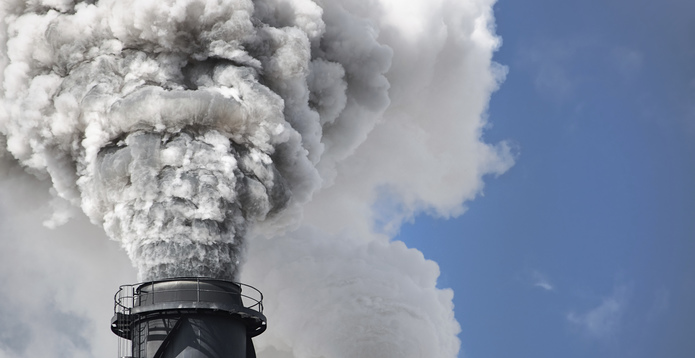Other priority areas identified in the report include the global supply chain, which risks disruption from increasingly extreme weather, and energy security where the UK energy supply increasingly comes from weather-dependent renewables. The final priority area identified for urgent action is the risk to health and productivity of the overheating of UK buildings.
The report, published by the UK government, further identified the rising cost of climate change to the UK, with one projection being that climate-related costs could total 1% of UK GDP by 2045.
The government said: “The evidence shows that we must do more to build climate change into any decisions that have long-term effects, such as in new housing or infrastructure, to avoid often costly remedial actions in the future. And we must consider low probability but high impact events arising from, for example, high warming scenarios and interdependent or cascading risks.”
However, while the government acknowledged that its actions to date “have not been sufficient in meeting the increasing risks from climate change”, its report said there are still opportunities to address climate-related risks. The report flagged that many early adaptation investments, such as those in climate resilient infrastructure, and upland peatland restoration, had been shown to be “highly effective and deliver high value for money”.
Professor Colin Campbell, chief executive of the James Hutton Institute, leading research provider in environmental, crop and food science, said: “The science is clear, we urgently need to re-think our relationship with the natural world, if we are to avoid the worst consequences of climate change.”
“Time is running out, we need new innovative ways of growing food that puts no further pressure on our land but instead preserves it for nature. Advances in agri-tech, particularly in vertical growth systems like those developed by IGS Limited and underpinned by the science at James Hutton Institute, provides us with such opportunities. Despite having a minimal footprint, we can grow a diverse range of food locally all year round, drastically reducing the need for imports, while providing a secure supply chain of fresh and nutritious source of food,” he said.
Fiona Ross, who specialises in environmental law issues at Pinsent Masons, including climate change and net zero, natural capital and climate solutions, said: “The Environment Act 2021 sets a legally binding target to halt the decline in species abundance by 2030, and the UK has also made commitments in relation to biodiversity in the G7 Nature Compact, so investment in green infrastructure and natural capital solutions will be an important element in the UK’s response to the climate change related risks highlighted in the report. We are already seeing mechanisms for investment in and funding of natural capital solutions by the private sector in the UK and expect this market to continue to grow.”
Credit: Source link










